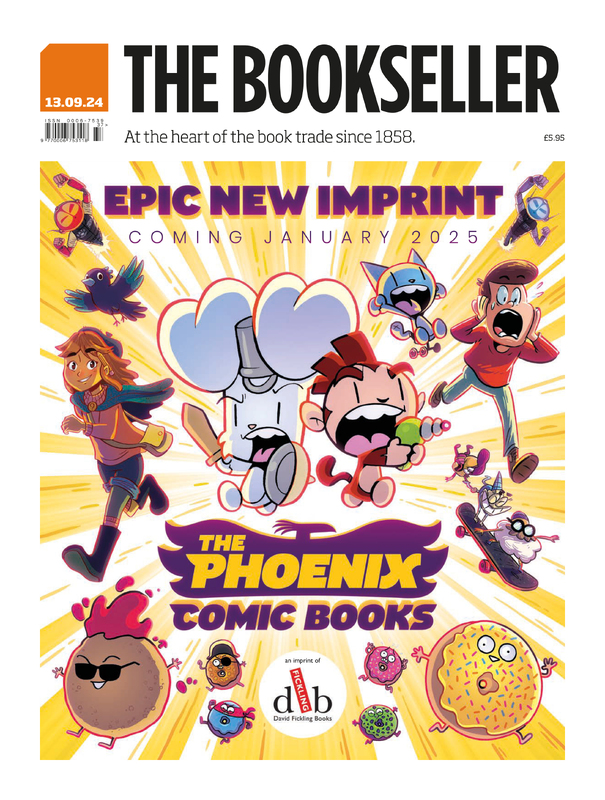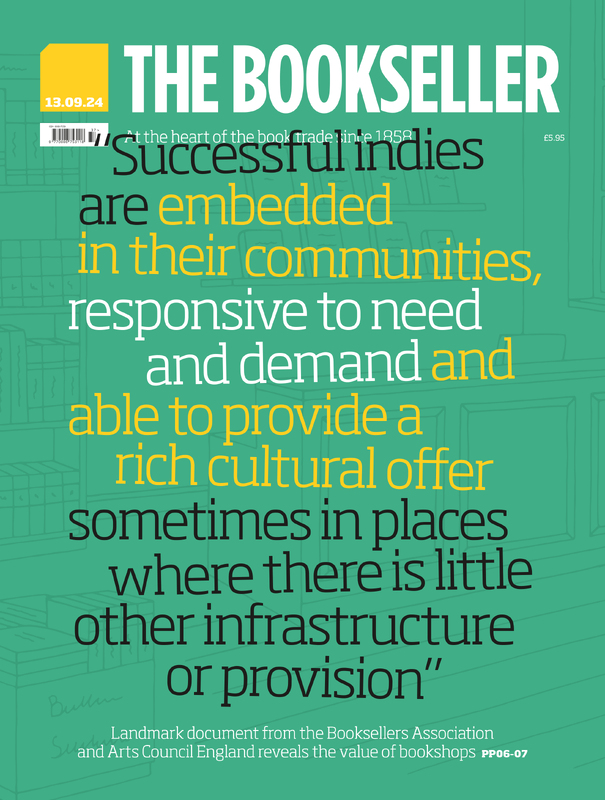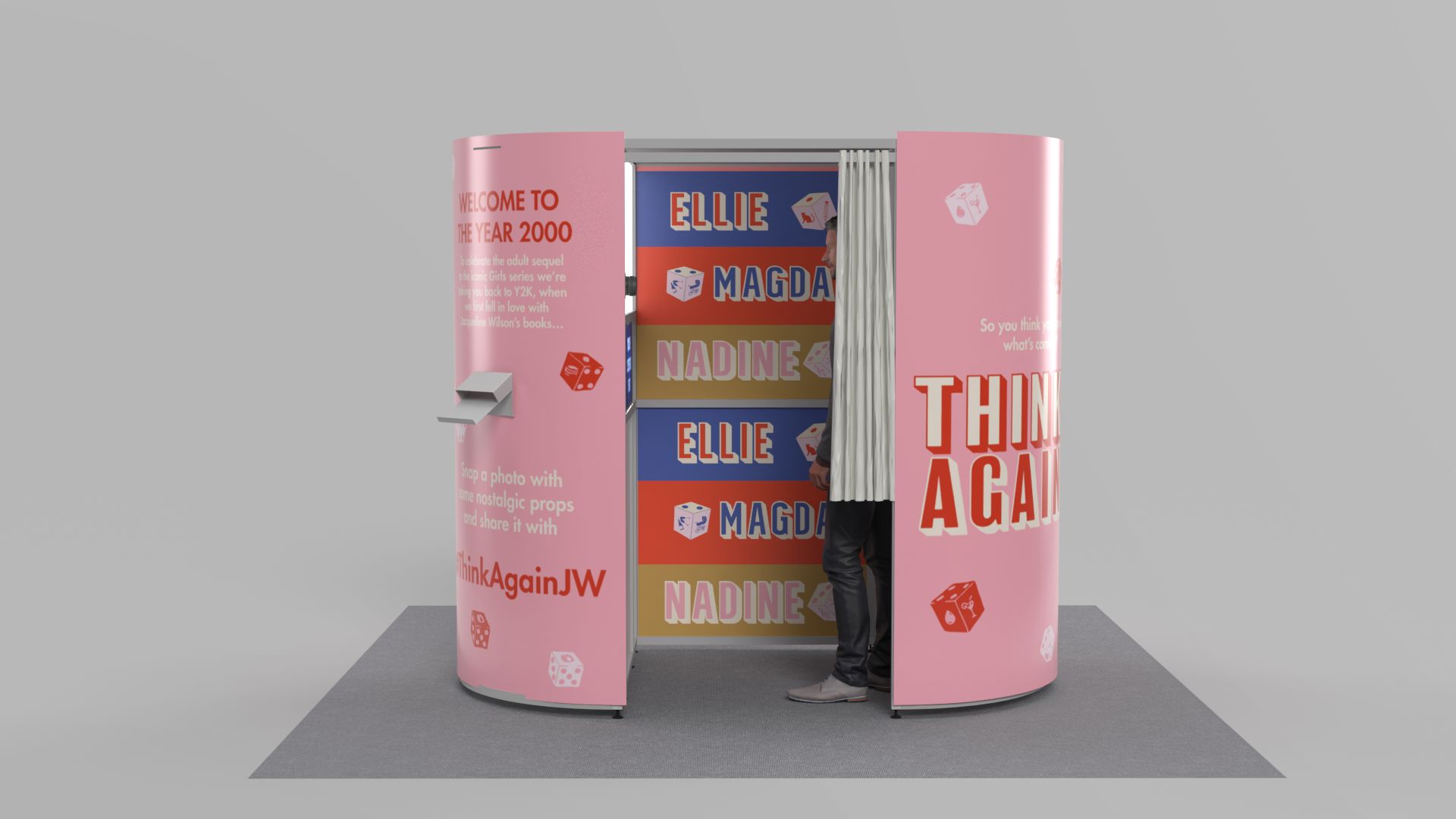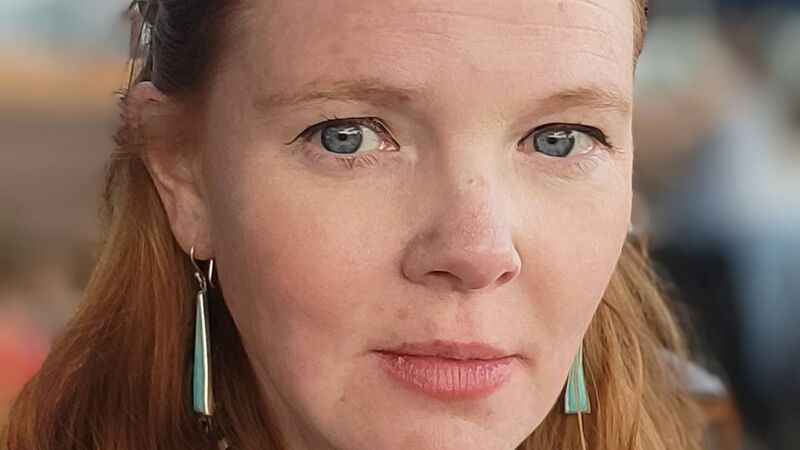You are viewing your 1 free article this month. Login to read more articles.
Time for belief

As I mentioned back in July, there is a view among some pundits that book reading is going out of fashion. I wouldn’t normally return to the subject so soon afterwards, but I wanted to reference a Guardian column by the journalist Gaby Hinsliff as a classic of the type.
The piece, headlined “I fear books are going the way of vinyl records – a rarefied pursuit for hobbyists”, told us that “by the pool this year, I saw a striking number of people scrolling on their phones instead, some with an unopened paperback lying forlornly by the sun lounger”, before going on to draw on the same research from the National Literacy Trust and Reading Agency that I, too, quoted from in my earlier piece. The statistics, for sure, show a downturn in reading and the desire to read for pleasure among children and young adults, as such reports tend to, but not in ways that feel fundamentally terminal. What we are seeing is a trajectory shift, not a cliff-edge. And one we can address.
Of course, the death of the book has long been an easy win for any writer with a summer column to file. But since we are here, let’s just nail the detail. Sales of vinyl records in the UK, according to the British Phonographic Industry (BPI) stood at 5.9 million in 2023, which is about the same number of print books sold through bookshops to UK readers every two weeks. If you include library borrowing and sales of digital books, then the gap between the two types of activity widens even further. Books shouldn’t even occupy the same thought-space as vinyl, and that they do reveals a larger failure either around our communication of what is actually going on, or basic journalist due diligence.
Of course, the death of the book has long been an easy win for any writer with a summer column to file
Since pundits are now apparently trading in anecdotes, let me share one too. I holidayed in a northern seaside town this year, and found myself in the thriving local independent bookshop. While I was browsing with my small brood of grumpy teenagers, a customer began piling book after book on the till desk, until the total reached about £150. This smart bookseller immediately offered a free tote bag, of course, leading to a conversation around that fact that the bounty was being paid for from a refund to a gas bill. “I’ll probably be back for more tomorrow,” said the customer cheerily as he exited the shop.
The truth is that hope springs eternal in the book business. This week alone we report on the winner of The Bookseller’s ever-popular YA Book Prize, as well as the up-coming Super Thursday, where the number of new hardbacks releasing on the same day (this year 10th October) is back in growth: from Cher or Boris, we got you.
Of course, doom-scrolling is also easy to do. Many things do not work in this sector, not least because production exceeds demand on a scale that is probably not healthy. But if we want to persuade readers to buy more and young people to share our love for the written word, then comparing books to a niche format is not a winning strategy.


















